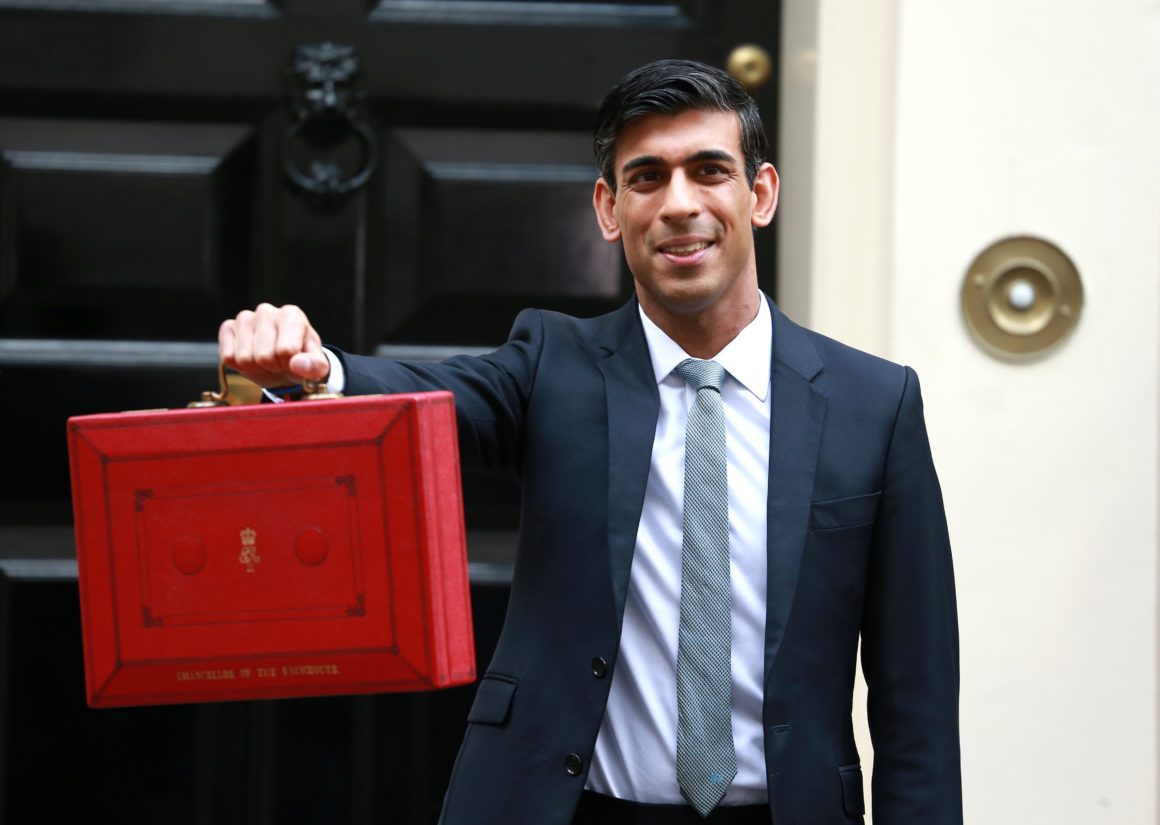This Report, which was written immediately after the Chancellor of
the Exchequer delivered his Budget Speech, is intended to provide
an overview of the latest announcements and recent measures most
likely to affect you or your business.
Click Here to Download S J Tax Limited BUDGET MAR 21
Chancellor Rishi Sunak announced the 2021 Budget following a prolonged period of economic hardship
caused by the coronavirus (COVID-19) pandemic.
This guide contains advice which is designed to assist you with effective tax and financial planning. SJ Tax LTD can
help to ensure that your financial plans remain effective, even as your business and personal circumstances
change. SJ Tax LTD will work alongside you to help you achieve a rewarding and financially secure future.
Introduction and Highlights
Sunak sets out Budget to protect businesses
Chancellor Rishi Sunak set out a Budget to protect businesses through the
pandemic, fix the public finances and begin building the future economy.
The Chancellor once again pledged to do ‘whatever it takes’ during the COVID-19
pandemic and confirmed that the furlough scheme would be extended until
September to support jobs through the crisis.
Mr Sunak also confirmed that the Self-Employment Income Support Scheme
(SEISS) has also been extended, with two further grants this year. Claimable by
the self-employed who have filed their tax return for 2019/20 by midnight on
2 March 2021, which should include the newly self-employed from 6 April 2019
provided they have filed their 2019/20 tax return.
The stamp duty nil rate band on residential properties in England up to £500,000
will continue until the end of June. It will taper to £250,000 until the end of
September, and then return to the usual level of £125,000 from 1 October.
Citing the latest economic forecasts from the Office for Budget Responsibility
(OBR), Mr Sunak said the economy is predicted to grow by 4% this year and by
7.3% in 2022. However, despite further growth predicted for the following three
years, the economy will still be 3% smaller in five years’ time than it would have
been if the pandemic had not hit the economy.
To support businesses as they re-open following lockdown, £5 billion will be
made available in restart grants. Non-essential retail businesses re-opening
first will be eligible for up to £6,000 but the leisure and hospitality sectors,
which have been worse affected and will re-open later, will be eligible for up to
£18,000.
Hospitality and leisure businesses will also pay no business rates for the next
three months, then rates will be discounted for the remaining nine months of
the year.
However, the rate of corporation tax will increase to 25% in April 2023 for
companies with profits over £250,000, whilst retaining a Small Profits Rate of
19% for companies with profits of £50,000 or less.
Turning to duties, tax on beer, wine, cider and spirits has been frozen while fuel
duty will also remain frozen for an 11th consecutive year.
Mr Sunak also introduced green measures, including a new national infrastructure
bank, which will open in Leeds with £12 billion capitalisation from the
government, which will also offer a green retail savings product.
He also confirmed the location of the eight Freeports in England. Freeports are
special economic zones with favourable tariffs and lower taxes to make it easier
and cheaper to do business.


